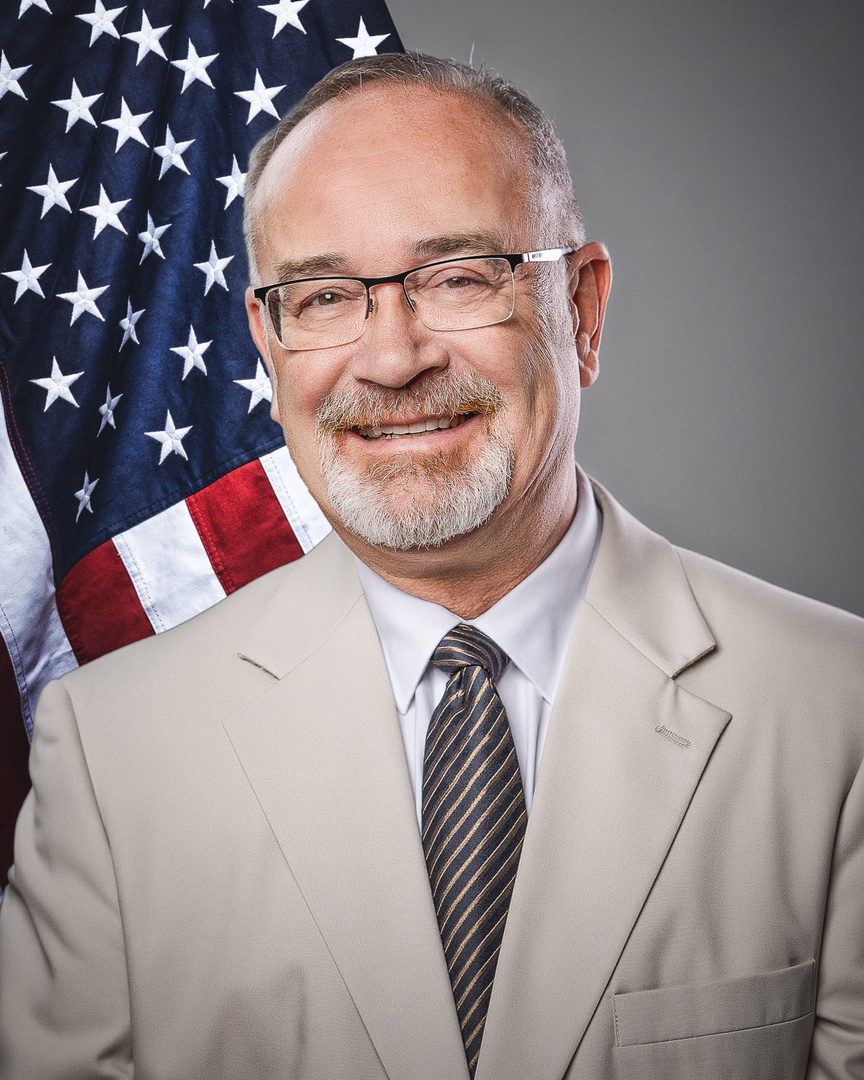https://www.inforum.com/business/real-estate/2735442-Land-trust-may-be-partial-answer-to-affordable-metro-housing
Barry Amundson | Jul 8th 2019 – 7am.
FARGO — With home prices substantially higher in the past five years and the need for workers climbing in the metro, many are calling for a way to boost the affordable home market for residents and those wishing to move here.
One idea close to reality that seems to have the enthusiastic support of city officials, neighborhood associations, community nonprofit organizations and businesses is a community land trust.
Leading the charge in the effort to form the trust are FM Area Foundation Executive Director Tim Beaton and one of his board members, consultant and former Fargo city engineer April Walker.
Next month, Walker and the rest of the foundation board will be presented a five-year business plan and feasibility study by consultant Michael Brown of Burlington Associates and take a final vote on moving forward with what would be called the Cass Clay Community Land Trust. Last August, the foundation approved $100,000 to investigate developing the trust.
Beaton thinks the board will approve the next step. “April and I are tremendously enthusiastic about it,” he said.
When Walker presented the preliminary plan for the program to the Fargo community development committee a few weeks ago, City Commissioner John Strand, who heads the panel, called it “great news.”
Mayor Tim Mahoney said he thought it was an answer to what he thinks is a key issue facing the city.
The workforce housing plan would focus on those earning between $15 and $30 an hour by providing a subsidy to buy an existing home or a lot where a modest home could be built.
Beaton said he learned after talking with realtors that buying a home for less than $200,000 in the metro is “difficult”. And if one becomes available, he said it can be gone overnight.
At first, the land trust concept involved only a nonprofit organization purchasing the land that a home sits on; now it has grown to also offer simple subsidies to make the home more affordable for the buyer.
Through the trust, the homeowner buys the home at an affordable price with the subsidy and leases the underlying land.
The homeowner lives in and maintains the home and land.
With the average stay in a home at seven years, the homeowner could sell at anytime and keep the equity, costs for improvements and a determined portion of the increased value of the home.
The trust would then buy back the home and resell it at an affordable price.
Walker said the goal would be to hire a staff member in 2020 and try to get 10 homes into the program, with increases in the number of homes each year.
Although the affordable home inventory could climb, if there were just 105 homes, it could ultimately provide housing with the turnover to 450 families over 30 years at an average subsidy of $12,562, according to the preliminary investigative study.
Funds would have to be raised to get the program started, but Mahoney said the city could possibly offer some lots to the program and Walker said some developers also have expressed an interest in donating property.
What government officials and neighborhood groups like about the plan is that the government isn’t involved with all of the strict regulations and financial considerations. A board would oversee the freestanding, nonprofit trust with employees hired to work with potential homeowners in purchasing the home and then helping them adhere to the trust’s operating rules.
With possibly 30,000 jobs needed to be filled by 2020 in the region, this could be one way to attract and keep workers, according to the preliminary report.
With average housing in the metro ranging from $195,000 to $269,000, a worker would need to make $20.10 to afford such a home.
So for those earning less, the subsidy in the land trust could be the deciding factor for affordability; Beaton said the general rule is that no more than 30 percent of a person’s or family’s income should go to housing.
The bottom line is if the program gets off the ground, it would create “permanently affordable housing.”
And Beaton said that is just what many metro neighborhoods are seeking.

